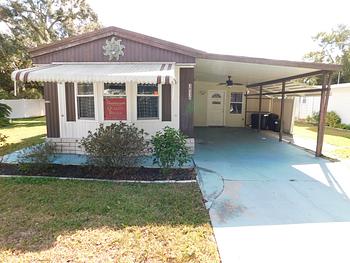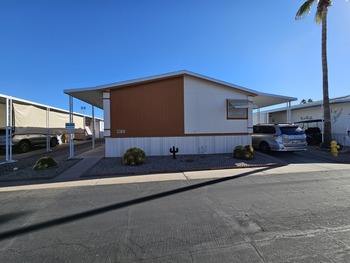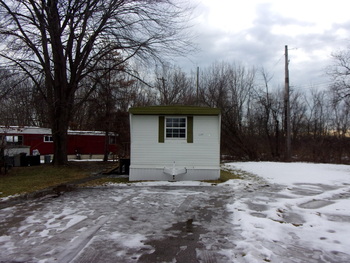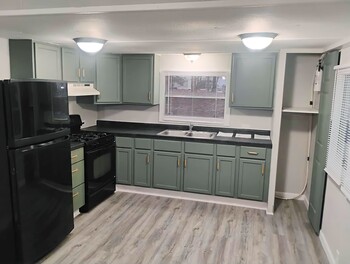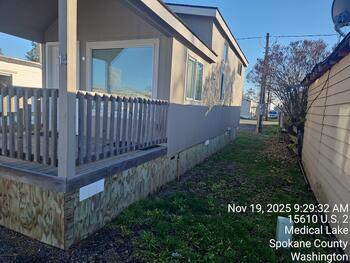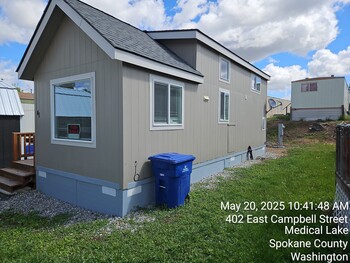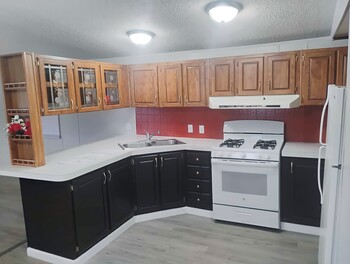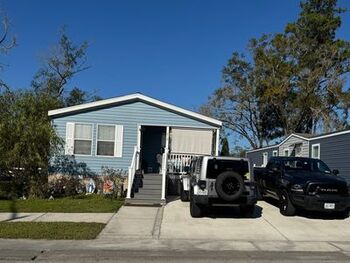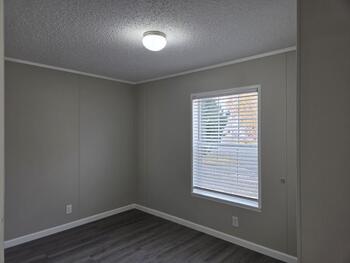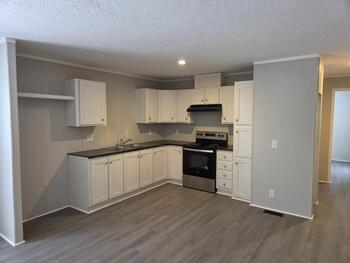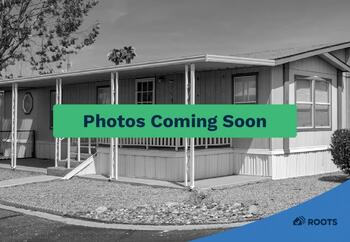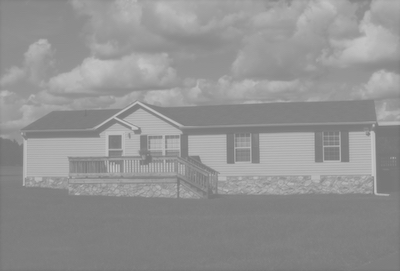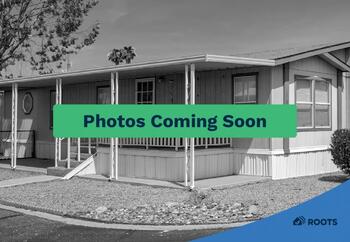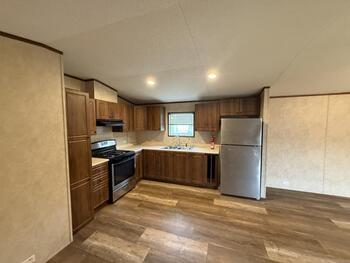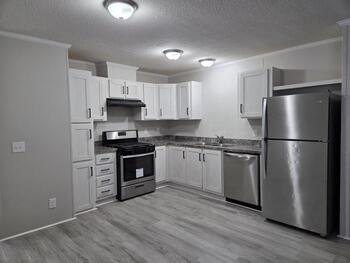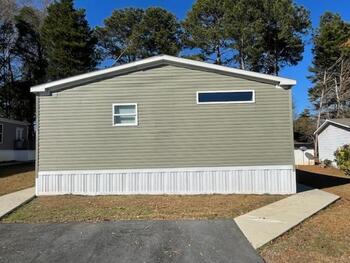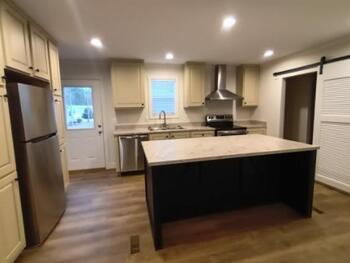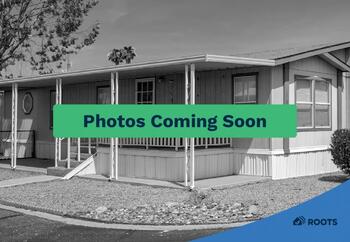Understanding Trailer Homes, Mobile Homes, and Manufactured Housing
Article Featured
The terms trailer home, mobile home, and manufactured housing are often used interchangeably, but they have distinct meanings and histories. Whether you’re exploring housing options or simply curious, understanding these terms can help you make informed decisions. This guide dives into the differences and features of each, shedding light on their unique characteristics.
What is a trailer home?
A trailer home, also called a trailer, originated as a lightweight, towable home designed for travel and temporary living. These units were popular in the mid-20th century and are often considered the precursors to mobile homes.
Trailer homes are compact and designed for mobility, making them a suitable choice for those who value flexibility. While some trailers are small and basic, others feature advanced amenities that rival traditional homes.
For individuals looking to settle in specific areas, trailer homes for rent offer a flexible living option, while ownership can be explored through available lots or sales listings.
What is a mobile home?
The term mobile home refers to factory-built homes constructed before June 15, 1976. These homes were created as affordable housing solutions and could be easily transported to different locations. However, they were not always built to rigorous safety or quality standards.
In 1976, the U.S. Department of Housing and Urban Development (HUD) introduced federal regulations to improve safety, durability, and energy efficiency. Mobile homes built after this date are classified as manufactured homes.
If you're looking for affordable housing options, consider exploring mobile homes for sale to find a variety of designs and price ranges.
What is manufactured housing?
Manufactured housing refers to factory-built homes constructed after 1976 under HUD regulations. These homes are built on a permanent chassis and are designed to remain stationary once installed on a lot. They are known for their affordability and modern features, offering a viable alternative to traditional site-built homes.
Manufactured homes can be placed on privately owned land or in designated communities. To find a place for your manufactured home, you can explore mobile home lots for sale or lots for rent.
Features of manufactured housing:
- Customization: Available in single-wide, double-wide, or even larger configurations.
- Energy efficiency: HUD standards ensure modern insulation and energy-saving features.
- Affordability: Often more cost-effective than traditional homes.
How do these housing options compare?
| Feature | Trailer Home | Mobile Home | Manufactured Housing |
| Mobility | Designed for frequent movement | Movable but often stationary | Stationary, permanent setup |
| Construction | Compact and lightweight | Pre-1976 factory-built | Post-1976 HUD-regulated |
| Amenities | Basic to moderate | Basic to advanced | Advanced, customizable |
| Affordability | Affordable | Affordable | Affordable |
Why consider these housing options?
Whether you're downsizing, exploring affordable housing, or seeking a flexible lifestyle, each option offers unique benefits. From cozy trailer homes to customizable manufactured housing, there’s a solution for everyone. With growing interest in eco-friendly and cost-effective living, these housing types remain popular among diverse demographics.
Conclusion
Understanding the distinctions between trailer homes, mobile homes, and manufactured housing is key to selecting the best option for your lifestyle and budget. Whether you’re looking to rent, purchase, or secure a lot for your home, platforms like MobileHome.net make it easy to explore your options.
Start your journey today by exploring mobile homes or finding the perfect lot to call home.
Related Content
HUDManufactured Home
Mobile Home
Pet-Friendly Mobile Homes: Design Tips for Comfortable Living
